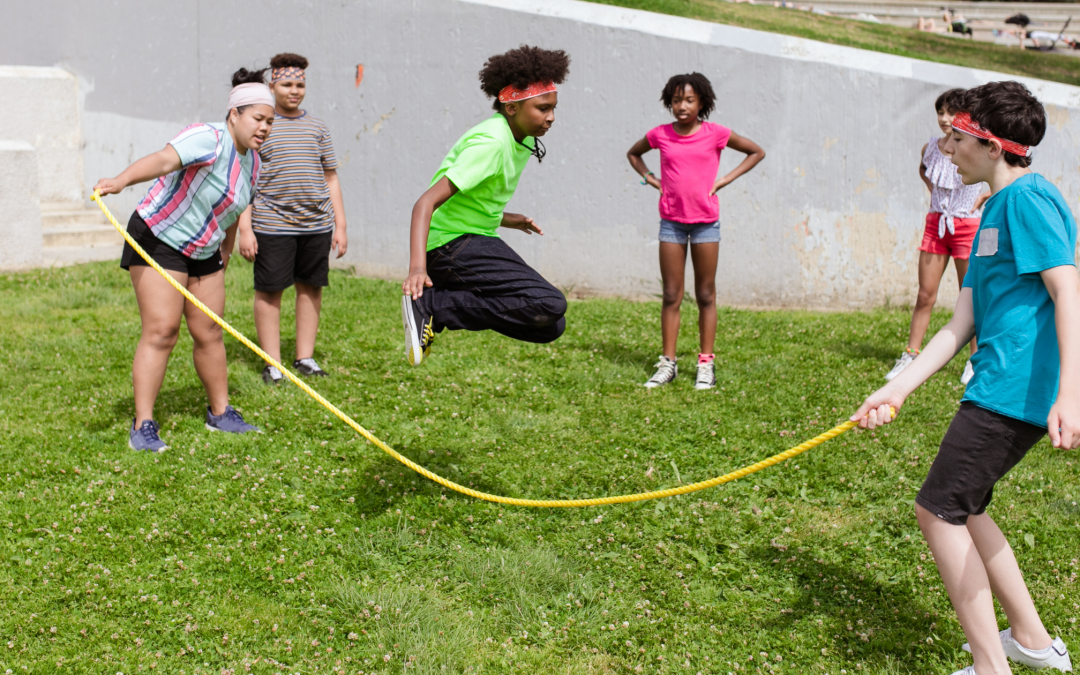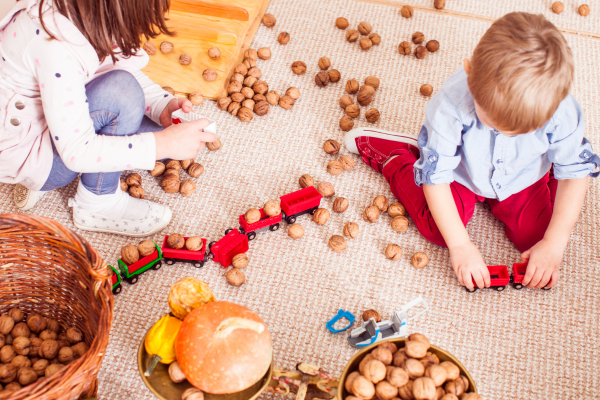
Unveiling Their World: Getting to Know Your Child’s True Self

Communication: Four C’s of Successful Families
Parenthood is a beautiful journey filled with love, joy, and countless moments of growth. As parents, it’s natural to feel deeply connected to our children, viewing them as extensions of ourselves. However, it’s equally essential to recognize that they are unique individuals with passions, interests, and personalities.
Embracing and accepting the child we have, rather than the one we thought we wanted, is crucial to fostering healthy self-esteem and nurturing their independent spirits. Let’s explore some practical activities and concepts to help parents truly understand and appreciate their children as individuals.
1. Spend Quality One-on-One Time:
In the hustle and bustle of daily life, it’s easy to lose sight of the little details that make our children who they are. Set aside special one-on-one time with each child, where they get to choose the activity or game. Engage in their world and observe how they respond to different situations. Whether it’s playing a sport, painting, or simply reading together, this dedicated time will allow you to witness your child’s uniqueness unfold.
2. Listen with Intent:
Communication is a two-way street; actively listening to your child is a powerful way to understand them better. Pay attention to what excites them, what they’re curious about, and what they express with passion. Whether they’re babbling about their favorite cartoon character or sharing their dreams, listen intently to their thoughts and feelings. This open communication will lay the foundation for a stronger bond, especially during their teenage years.
3. Initiate Conversations About Their Interests:
Take the initiative to engage your child in conversations about their interests. Ask them about their favorite TV show, book, or hobby, and show genuine interest in their responses. Understanding how they perceive and interpret the world around them gives you valuable insight into their inner world.
4. Play “House” to Unleash Creativity:
Engage in imaginative play with your child, allowing them to dictate the roles and scenarios. Playing “house” offers a safe space for your child to express themselves freely. Watch as they imitate real-life situations they’ve observed, which provides you with valuable clues about their thoughts, emotions, and aspirations.
5. Respect Their Choices:
Respecting your child’s choices is an essential aspect of appreciating their individuality. Encourage them to make age-appropriate decisions, even as simple as choosing between two daily activities. Their choices reveal glimpses of their preferences, strengths, and desires, offering a deeper understanding of their personalities.
As parents, our love for our children knows no bounds. Embracing their individuality and accepting them for who they are is an incredible gift we can give them. We build an unbreakable bond with our children by spending quality time with them, listening intently, engaging in meaningful conversations, fostering creativity, and respecting their choices. As they grow, we continue to discover new facets of their personalities, allowing us to be their unwavering support and advocates in their journey of self-discovery. So, let us cherish the uniqueness of our children and celebrate the joy of truly knowing them as the outstanding individuals they are.
I invite you to sign up for our newsletter. It is a great way to get the Virtue of the Month and tips on relationships, parenting, and self-care. In addition, you’ll be the first to know about upcoming classes for successful families.
To sign up, visit the “Newsletter” section here on the website. Enter your email address, and you’ll receive our newsletter in your inbox on Wednesdays. I appreciate your interest in bringing out the best in your children and yourself. We look forward to keeping you informed through our newsletter!













